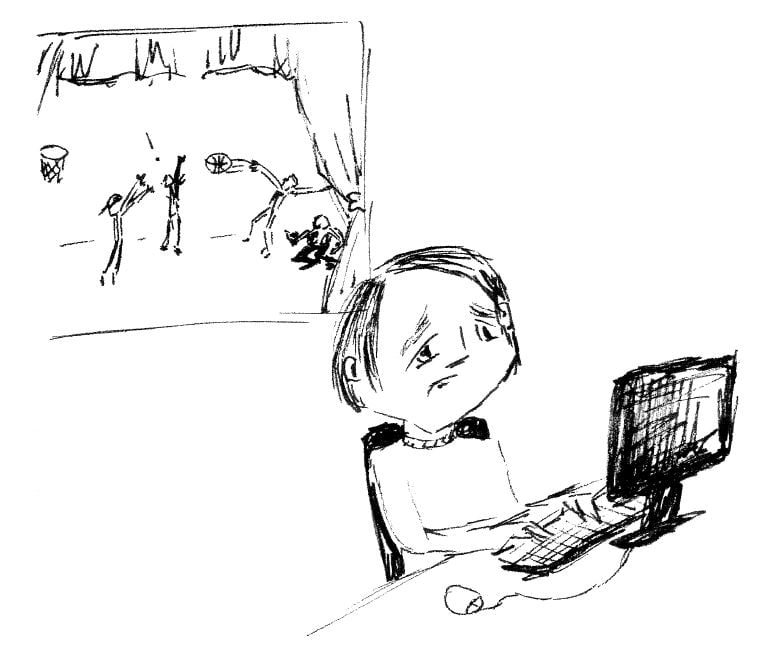If You Want to Matter in the Software Industry, Stop Being a Laborer
Alright, first things first. I’m going to do a bit of housekeeping. My apologies for the sluggish performance of the site lately, and the occasional 500 errors you may have noticed. My hosting company’s physical machine has been having some issues and they’re trying to figure out whether they can fix it in-situ or whether I need to take an outage while they migrate me to another machine. Also, my apologies for missing reader question Monday.
Fate has conspired to sentence me to a couple of poor nights of sleep in a row. So I don’t really have the energy for a rant. Instead, I’m going to go the more zen route and continue with the “developer to consultant” series. Today, I’m going to focus on the mindset shift you need in order to go this route. You need to stop being a laborer.
The Phases of Problem Solving
In a post where I first mentioned this idea of guidance on how to transform yourself into a consultant, I referred to the phases of problem solving. Roughly speaking, these are the following.
- Diagnosis of a problem.
- Prescription of a therapy.
- Application of the therapy.
- Re-application/maintenance of the therapy.
When you’re sick, you go to the doctor. The doctor furnishes a diagnosis and writes you a prescription, and then exits the equation. An unskilled laborer (i.e. you) then applies the therapy of taking the pills.
A similar concept applies in other sorts of knowledge work. A lawyer, for instance, figures out which precedents to cite and then hands it over to a law clerk to write up or to an admin to make copies.
Or take a tax accountant. The accountant herself figures out whether you should file as an S-Corp or pass through the taxes and then turns the paper work over to a less skilled assistant. You get the idea.
But to tell you how this relates to us and to software, I don’t want to compare us to these people. I want to compare us to an arch-criminal.
Winston Wolf, Master Consultant
In the movie Pulp Fiction, a couple of gangsters named Jules and Vincent are driving with another guy, Marvin in the backseat. Gesturing with his gun during conversation, Vincent accidentally blows Marvin’s head off, creating quite a horror show in the car, right in the middle of a public roadway in broad daylight.
Vincent and Jules, hardened criminals though they may be, panic and duck into a nearby associate’s house, and call their boss who sends his “cleaner” — one Winston Wolf.
Wolf is a consultant.
You can watch the (graphic) scene here if you want, but suffice it to say Wolf helps. He quickly and efficiently sizes up the situation, diagnoses all problems, and lays out a solution. He then dispatches Vincent and Jules to execute the details of the solution (“apply the therapy”.)
Despite some grousing from Vincent, who doesn’t like being told what to do, Jules and Vincent oblige, and they set about the grotesque tasks of cleaning viscera out of the car, placing liners over the seats, etc.
In this episode, Wolf’s diagnoses and prescription are valuable. The cleaning/scrubbing/etc tasks of execution are important, but only valuable because of the circumstances.
Without Winston, Vincent and Jules go to jail. Without Vincent and Jules, someone else could always do the labor.








